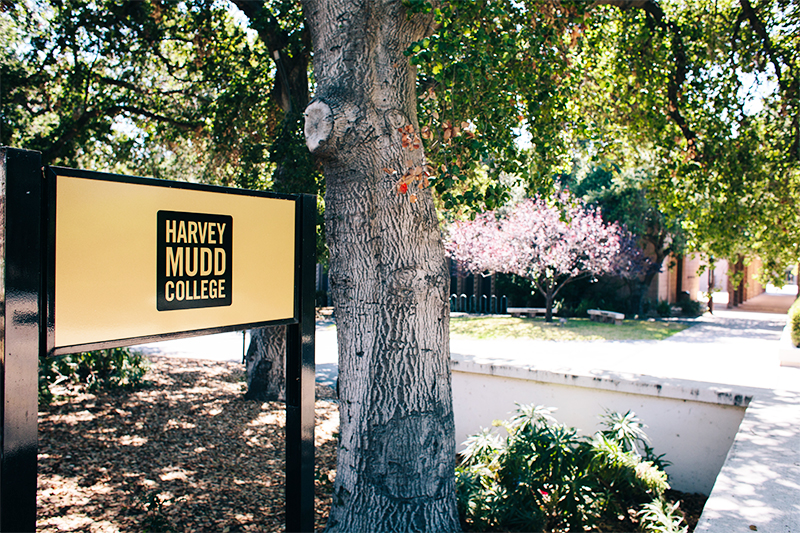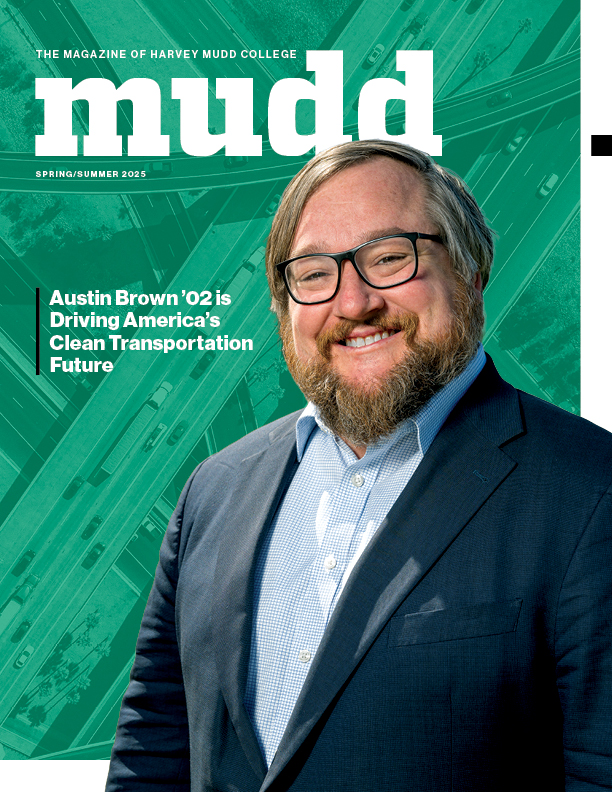Understanding the CHamoru and Marshallese Diaspora
April 21, 2023
Alfred Flores, Asian American studies professor at Harvey Mudd College, is the recipient of a competitive National Endowment for the Humanities Summer Stipend. He will use the $6,000 award to fund preliminary archival research and to conduct oral history interviews for his second book, Transoceanic Micronesians: CHamoru and Marshallese Diaspora in Southern California. Flores’s first book, Tip of the Spear: Land, Labor, and U.S. Settler Militarism in Guåhan, will be published by Cornell University Press this fall.
As a scholar of Pacific Islander history, Flores’s approach to studying and documenting the past is based on the incorporation of community voices and perspectives. “While Pacific Islander communities share many similar cultural and historical experiences, there are also important differences that have impacted their diasporic movements to the continental United States,” Flores says.
For example, CHamorus (Indigenous people from the Mariana Islands) and Marshallese have moved in larger numbers to the continental United States out of necessity as effects of anthropogenic climate change have submerged their islands, and decades of U.S. chemical and nuclear testing and warfare have caused alarming rates of cancer in their communities. Flores hopes to learn more about why CHamorus and Marshallese settled in Southern California, what their experiences were when they got there and how their diasporic patterns may have empowered or diminished their languages and traditions.
By focusing on the CHamorus and Marshallese, Flores’s research will examine the ways that their experience in the continental United States differs from other groups, such as Asian Americans and other Pacific Islanders.
Flores is also interested in learning about these communities outside of the historical context of the U.S. settler colonialism and militarism that has dictated so much of their experience. By forging and maintaining relationships with CHamoru and Marshallese people in Southern California, Flores will begin collecting interviews this summer that will be a cornerstone of his research and eventually contribute to the first ever Micronesian oral history digital archive.
“Oral history is integral to this project because it is an Indigenous epistemology that is the foundation for how creation, culture, history, memories, spirituality and values are passed from generation to generation,” Flores says. “This is especially important since CHamoru and Marshallese communities primarily come from working-class and lower socio-economic backgrounds, which limits their ability and time to document their experiences.” Collecting these histories through interviews “will allow me to excavate the marginalized histories and the Indigenous survival of Micronesians living in the multiethnic suburbs of Southern California.”
